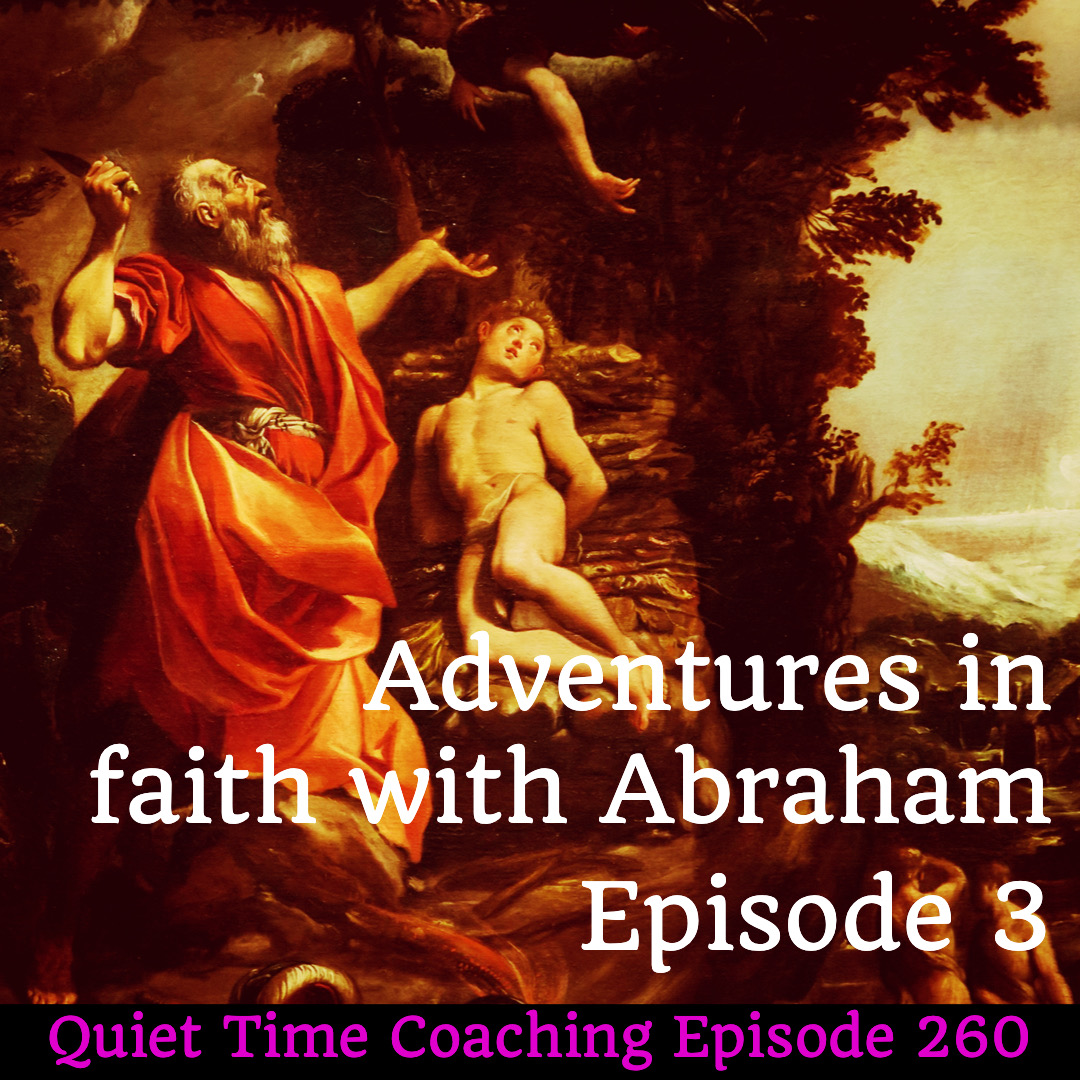 There’s all the difference in the world between the curious and the serious. In terms of effort, the curious try, the serious do. When things don’t go as expected, the curious complain, the serious suck it up. The curious miss opportunities, the serious consider themselves lucky – when in fact they are the beneficiaries of a focussed attitude.
There’s all the difference in the world between the curious and the serious. In terms of effort, the curious try, the serious do. When things don’t go as expected, the curious complain, the serious suck it up. The curious miss opportunities, the serious consider themselves lucky – when in fact they are the beneficiaries of a focussed attitude.
We see this laid out for us in Luke 13.22-30 – the passage I’m preaching through on Sunday in both Watford and Bracknell. As usual, Jesus teaches and his hearers are surprised. More than that, they are shocked – even scandalised. Why so? Because the curious think they are being serious, but Jesus knows they are being indecisive. Let’s unpack this a little.
First, we hear a classic question, “Someone asked him, “Lord, are only a few people going to be saved?”” (Luke 13:23 NIV11) Jesus does not answer the person directly, but responds to the group (“He said to them”). This teaching is for everyone.
Second, we are told of the right attitude: “Make every effort to enter through the narrow door” (Luke 13:24 NIV11). “effort” – agonizomai, meaning, “a technical term for competing in the Games, and from it we get our word ‘agonize’.”¹ Entry is not made without a struggle. It takes considerable effort to escape the gravitational pull of this world, our sin, our fears.
Third, we discover that not all will make it, “many, I tell you, will try to enter and will not be able to” (Luke 13:24 NIV11) There’s no auto-enrolment here. This kind of ‘trying’ is superficial, not sincere.
Fourth, we learn the time for making a decision is limited, “Once the owner of the house gets up and closes the door, you will stand outside knocking and pleading, ‘Sir, open the door for us.’” (Luke 13:25 NIV11) Of course, death shuts the door, but so does a hard heart. We don’t know when death is coming, so we must decide while breath is in the body and our hearts are soften-able.
Fifth, we find that association is not the same as qualification, “Then you will say, ‘We ate and drank with you, and you taught in our streets.’ “But he will reply, ‘I don’t know you or where you come from. Away from me, all you evildoers!’” (Luke 13:26–27 NIV11) It seems the hearers of Jesus’ teaching did not combine what they heard with faith. Attendance at church and knowledge of the Bible is no guarantee of a good heart.
Sixth, we see the true fate of the curious-but-not-serious, they will weep and gnash their teeth (sorrow and anger combined).
Seven, we have hope for the, “last who will be first, and first who will be last.”” (Luke 13:30 NIV11) Those who made every effort – the unexpected, the apparently unqualified, but the serious and decisive – will enjoy a feast.
There are a myriad of lessons here, but what leaps out at me is the surprise of those who expect to be on the inside, but are left on the outside. How could they not be surprised – if they were really listening to what Jesus said? I mean, not merely hearing, but accepting (James 1.22). The sober-moment personally is to check the eagerness of my response to God’s Word. Am I acting on what I hear at the time I hear it, or waiting for a more convenient time?
Malcolm
¹Morris, Leon. Luke: An Introduction and Commentary. TNTC 3. IVP/Accordance electronic edition, version 1.9. Downers Grove: InterVarsity Press, 1988.



